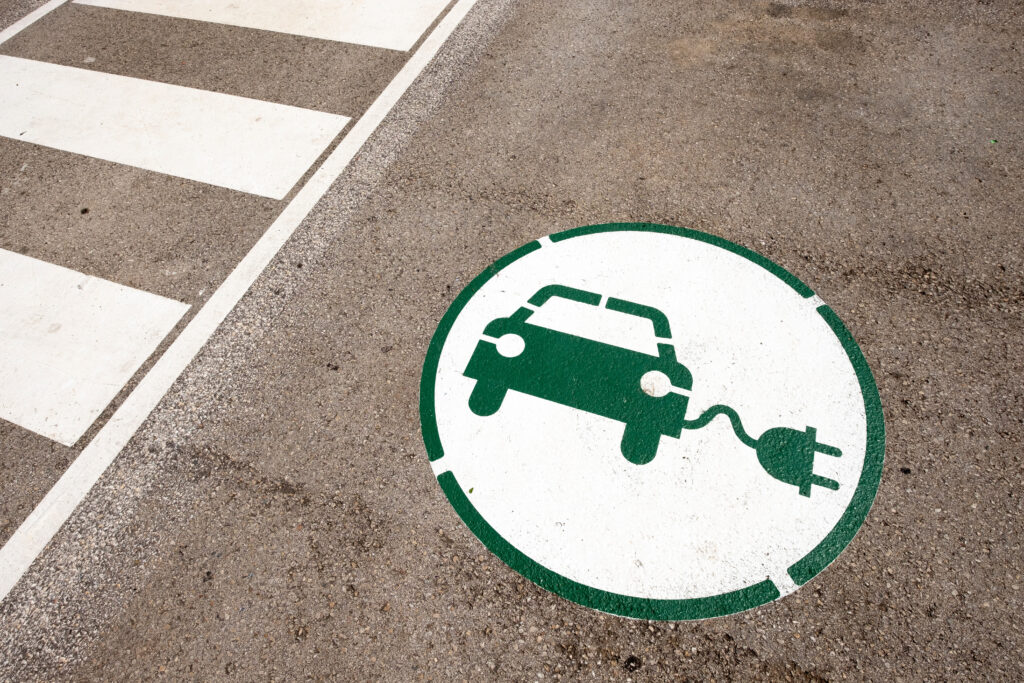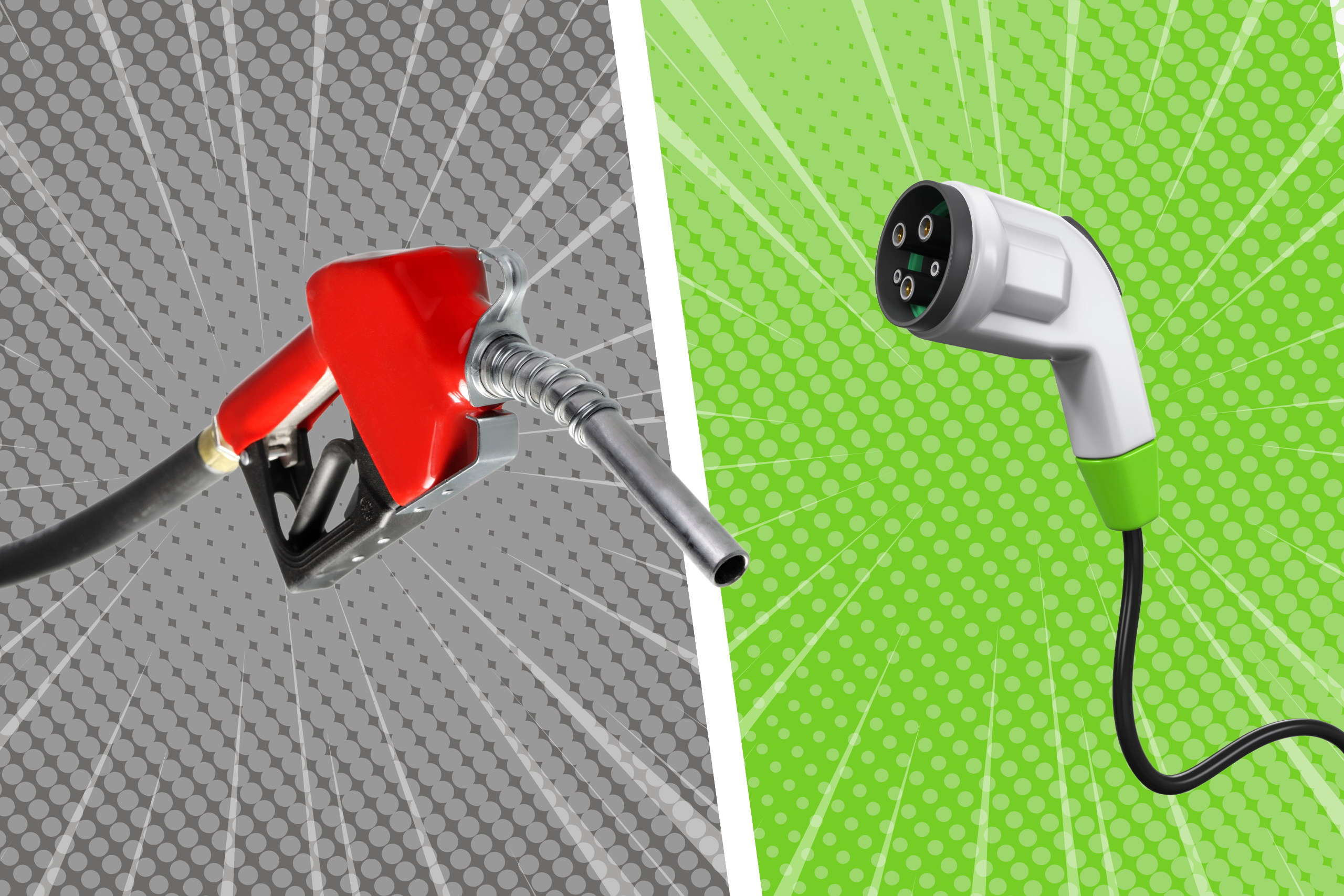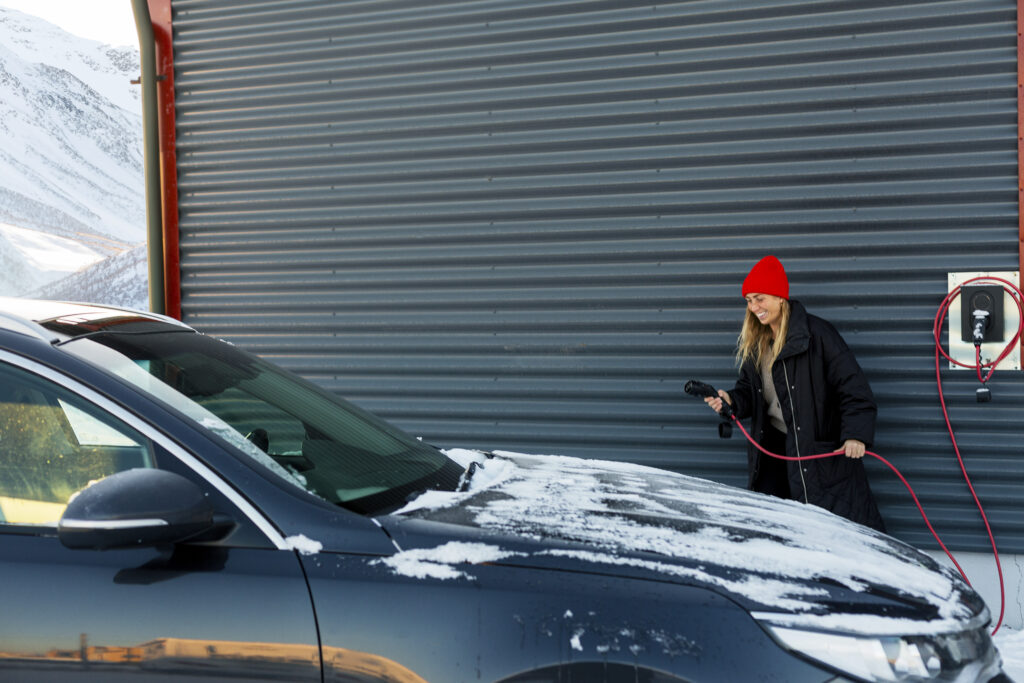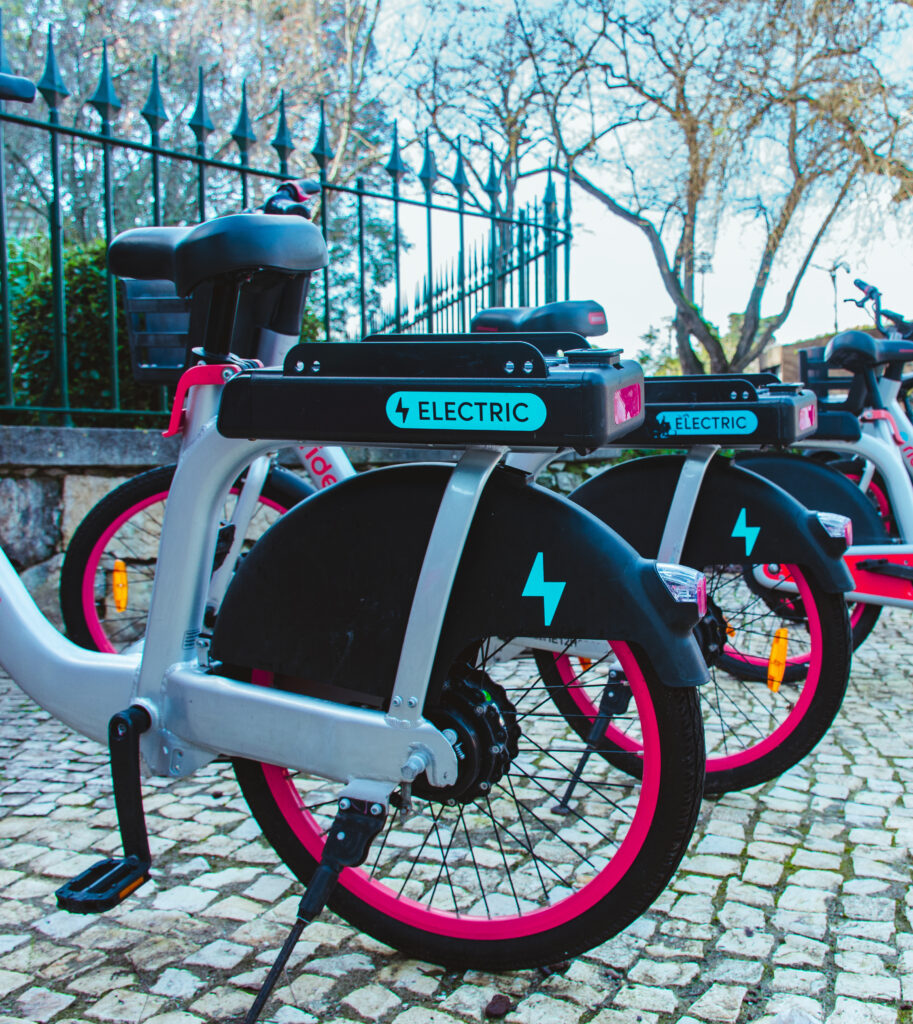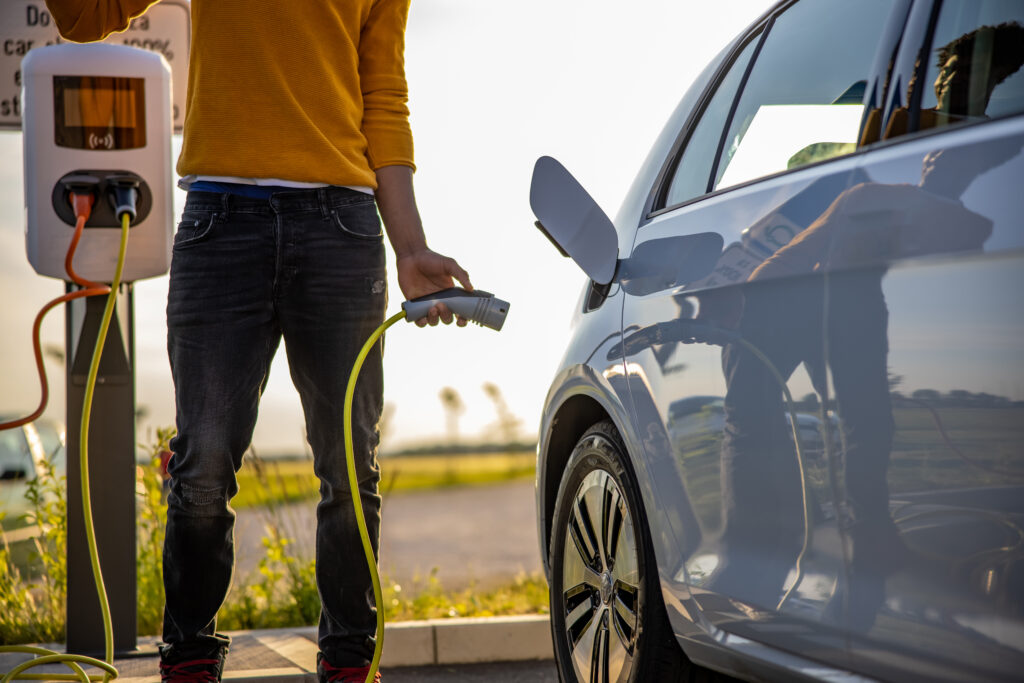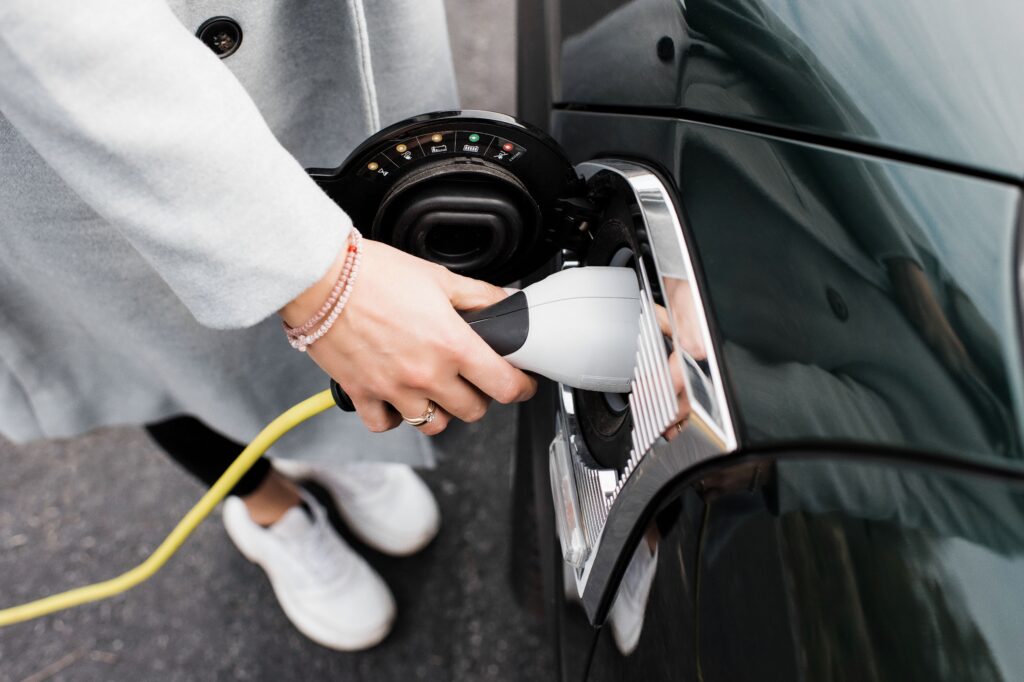
As the number of electric vehicles increases worldwide, so do the challenges of manufacturing and maintaining the lithium-ion batteries that power them.
EV batteries are designed to last for the life of a car. Recent studies have shown that most EV batteries can operate for up to 20 years, and over the past decade, their performance has improved. EV batteries have a failure rate of less than a 0.5% since the 2016 model year, and the manufacturer warranties would have covered the replacement of most of those.
Still, the National Highway Traffic Safety Administration (NHTSA) launched an investigation in 2022 after five carmakers issued battery recalls. Problems ranged from batteries delivering low charges to more serious defects that could damage the car or cause a fire.
EV battery fires receive a lot of attention, largely because they emit toxic gases, are difficult to extinguish and put firefighters at risk of shock. But EV batteries ignite less often than those in gasoline-powered cars, according to a study by Kelly Blue Book.
Recent Major EV Battery Recalls
Manufacturers are refining technology to produce batteries faster and make them more resilient but over the past few years there have been a number of widespread EV battery recalls.
Since February 2020, General Motors, Mercedes-Benz, Hyundai, Stellantis, and Volkswagen have issued recalls after discovering internal battery failures that could have raised the risk of fires, prompting the NHTSA’s investigation. More than 138,000 EVs with batteries made by LG Energy Solution of South Korea were part of the investigation.
Battery pack flaws in the Chevy Bolt and EUV between 2020 and 2021 prompted extensive battery recalls. Hyundai also dealt with a wave of recalls after battery fires in some 2019-2020 Kona EVs; a folded anode, or negative electrode tab in the cells of the battery, was to blame.
A series of fires between 2013 and 2023 prompted updates to battery software. And in early October 2024, Porsche recalled more than 27,000 Taycan EVs when it was found that the high-voltage batteries were at risk of short circuiting, which could lead to a fire. The recall includes model years 2020 to 2024.
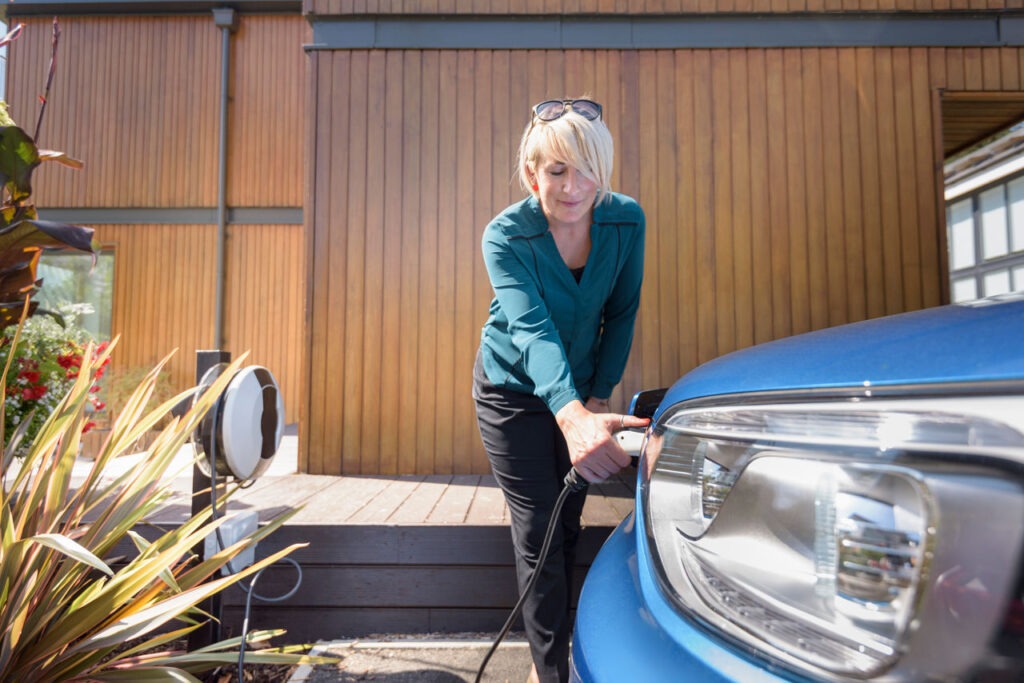
What to Do If You Have an EV Battery Recall
If you are notified that your EV battery has been recalled, contact your dealership immediately and make an appointment to have the battery repaired or replaced.
You can also check for recalls by entering your license plate and VIN/car make model on the NHTSA’s website or by downloading the NHTSA’s free SaferCar app to sign up for recall alerts.
Not all battery recall notices require a new battery; sometimes the manufacturer can use a software update to change the operation of the battery pack or alter the charging process.
AAA members get exclusive deals on NAPA parts. While NAPA cannot replace an EV battery, its technicians can assist with EV care and maintenance.
AAA’s Recommendation: Whether you own an electric vehicle or a gas-powered car is up to you – and you should consider lots of factors in making that choice. No matter what type of vehicle you’re choosing, we recommend visiting a dealership, test driving one, and asking as many questions as possible to make an informed decision.

